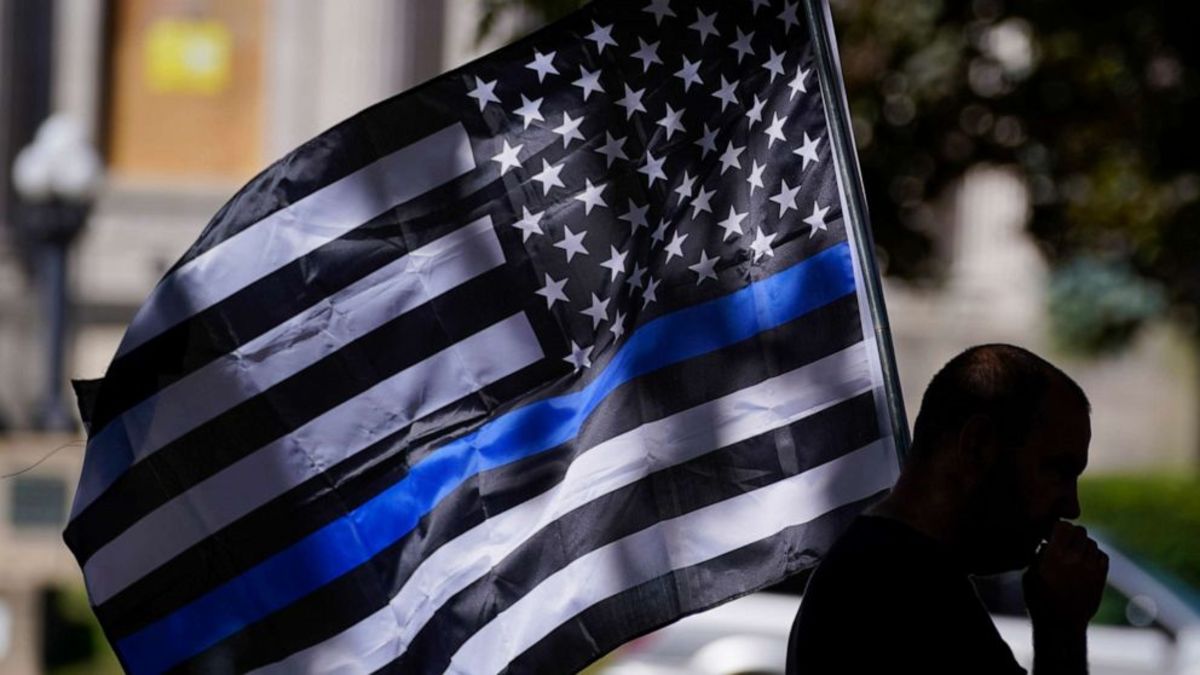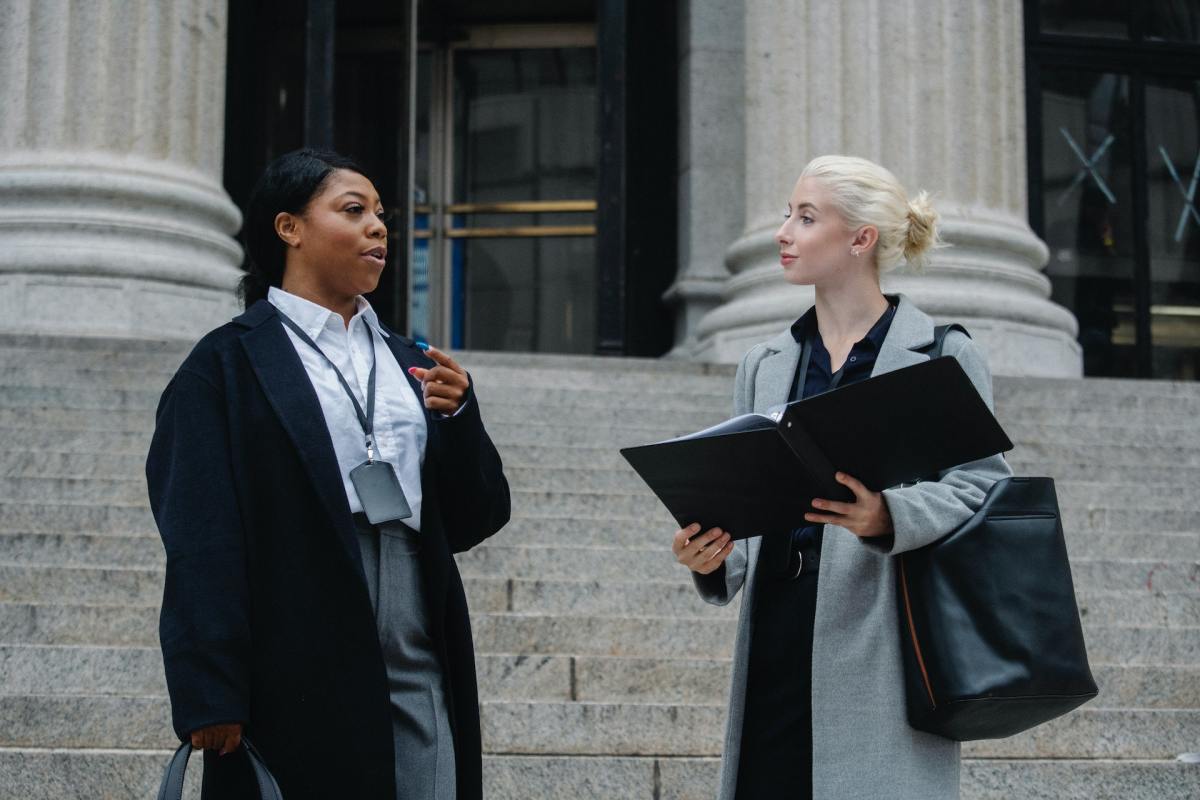Should We Get Rid of the Grand Jury?

Considering the Grand Jury
From Ferguson to New York, the grand jury process is a legal device that has proven itself to be ineffective in a just court of law. With the power invested in a prosecutor to convince a grand jury whether or not there is enough evidence to even charge a person with a crime, the process has become too subject to manipulation to provide consistent results. Though there has been recent controversy surrounding the grand jury decisions in Ferguson and New York, the shortcomings of the system have been a topic of public discourse for much longer than the past few years. Ultimately, it is time to get rid of the grand jury process in favor of a more foolproof system.
In an article for The Journal of Criminal Law and Criminology, William J. Campbell (1973) writes of the grand jury process:
In my view, the movement away from the grand jury process was and is prompted by the realization that the historical assumption concerning its neutrality is no longer true. Today, the grand jury is the total captive of the prosecutor who, if he is candid, will concede that he can indict anybody, at any time, for almost anything, before any grand jury.
Campbell’s views of the grand jury process fall in line with many other more recent criticisms of the grand jury system. While the initial system was intended to act as a sort of shield against unjust prosecution, it has in many instances been manipulated to allow a prosecutor full control over untrained citizens thrown into a legal decision-making setting. With prosecutors essentially having the power, as Campbell says, to “indict anybody,” it is also important to consider prosecutors’ power to purposefully fail to get an indictment by intentionally providing lacking evidence to a grand jury. Because prosecutors often work closely with state police and other law enforcement officials, there is an obvious risk that prosecutors, if they so wish, can make sure a police officer under scrutiny not be brought to trial if the indictment is to be decided by a grand jury.
When 18-year-old Michael Brown was fatally shot by white Ferguson Police Officer Darren Wilson, the disputed use of force and routine discrimination by Ferguson police in the local area should have been enough to at least try Darren Wilson and examine the evidence before a judge in the court of law. Instead, the incident was dissected and picked apart by a biased county prosecutor in front of a grand jury of citizens with no legal training. The decision by the grand jury was widely criticized by the media, leading to the release of some evidence and testimony used during the hearing.
Regarding the grand jury proceedings in Ferguson, Monica Davey et al (2014) wrote in an article for the New York Times that several aspects of the case were not characteristic of the standard procedure a state prosecutor would normally follow:
While grand juries traditionally act as vehicles to gather evidence for indictments, this one treated the Brown case more as an impartial inquest, a move the county prosecutor, Robert P. McCulloch, has portrayed as an effort to ensure fairness. […] Mr. McCulloch was under pressure from the Brown family and its supporters to recuse himself because of his family’s deep ties to law enforcement and his past dealings with police shootings, and because he is the son of a police officer who was killed. [...] Others noted that the prosecutors rarely asked skeptical questions of Officer Wilson and frequently let testimony supporting him pass unchallenged, while boring in on the statements of witnesses whose accounts had conflicted with the officer’s.
As Davey et al make clear, the county prosecutor in charge of presenting evidence and testimony of the case before the grand jury clearly had conflicting interests. When this conflict of interest is paired with the already wide powers of the prosecutor to present whatever evidence or testimony they decide to be relevant, the possibility for flawed hearings is increased to the point of possibly allowing serious injustice.
The nature of grand jury proceedings, however, has been under scrutiny for decades and even longer in the United States. The preceding criticisms from 2014 regarding the grand jury hearings for Michael Brown read almost identically to a 1965 article published in the American Bar Association Journal by Melvin Antell: “Acting within its enormous legal powers it remains aloof from conflict, completely independent, answerable to no one, bound by its oath only to act without fear or favor and in accordance with honest convictions” (153).
Despite the view of many that the grand jury procedures roots are a historic tradition of the American legal system, the idea of a community conscience deciding whether or not to pursue legal action based solely on the guidance of a single prosecutor seems irresponsible in a just society. In the case of Ferguson and grand juries in general, the decision by a grand jury to indict an individual is not a condemnation, but a decision meaning there is reasonable cause to try that individual in a court of law. Because a court of law holds much more weight than a grand jury, an indictment should not be held to the same standard as a conviction in public opinion. Just because an individual is not guilty beyond a reasonable doubt of committing a crime does not mean he cannot be indicted by a grand jury. By nature, a grand jury should be ready and willing to bring individuals before a judge if there is probable cause to believe they may have committed a crime; yet, that did not happen in Ferguson, Missouri.
In one analysis of the obstacles to justice present during grand jury proceedings published in the South Carolina Law Review, writer Peter Henning (p.3, 1999) also discusses the power of prosecutors when presenting a case to citizen grand jurers:
While the grand jury is an independent body, it is misleading to consider it a self-governing investigatory institution because the prosecutor controls the process of the investigation and the presentation of evidence to the grand jurors. Technically, the grand jury operates separately from both the courts and the executive. In fact, however, the prosecutor is closely involved in and usually controls the grand jury’s operation by sending out subpoenas, reviewing records, deciding which witnesses will testify before the grand jurors, and ultimately drafting indictments for the grand jury’s approval.
Through records of criticism dating back centuries, it becomes clear that injustices committed through the grand jury process are not isolated incidents, as the failure to indict the officer involved in the Michael Brown shooting was soon followed with the failure to indict an officer in the death of Eric Garner. In July 2014, Garner, an unarmed black man, was put in an illegal chokehold by New York Police Department Officer Daniel Pantaleo, and even though a viral online video recorded the encounter and Garner is seen telling officers “I can’t breathe” eleven times before his death, no indictment was issued. Protests in New York City with the Ferguson platform of “Black Lives Matter” marched on for days and weeks following the decision by the grand jury, blocking highways and roads, as well as causing widely publicized disagreement between New York Police officials and Mayor Bill DeBlasio.
In an article for U.S. News, Tierney Sneed links the actions of the grand juries in Ferguson and New York, citing that on the federal level, only 11 our of 162,000 cases prosecuted in 2010 resulted with a non-indictment by a grand jury (2014). Sneed also pointed out that those involved in protests and advocating for changing the grand jury process have been suggested ways to revise the system, writing that, “What many are demanding is a set standard: that for police encounters resulting in an unarmed civilian’s death, someone from outside the local district attorney’s office is brought on to handle the investigation.”
As long as prosecutors continue to have the power to indict individuals completely on their own preference, the grand jury system will remain a flawed mechanism of the American legal system. While there are many people and organizations working to improve the system or add requirements for more oversight or transparency, the time for grand jury use has come to an end. As an alternative, prosecutors should be required to prevent evidence and testimony to a judge or official in a much more transparent and routine way. Either way, the grand jury is a process that has repeatedly failed to provide justice; because it is easily manipulated, something must be done to fix or replace it.
Works Cited
Antell, Melvin. "The Modern Grand Jury: Benighted Supergovernment." American Bar Association Journal 51.2 (1965): 153-156. Print.
Campbell, William J. "Eliminate the Grand Jury." The Journal of Criminal Law and Criminology 64.2 (1973): 174. Print.
Davey, Monica et al. "Raised Hands, and the Doubts of a Grand Jury." New York Times 29 Nov. 2014, U.S. News sec. Print.
Henning, Peter J., "Prosecutorial Misconduct in Grand Jury Investigations.” South Carolina Law Review, Vol. 51, No. 1, 1999. Print
Sneed, Tierney. "Garner, Brown Decisions Spark Calls for Grand Jury Reform." US News. U.S. News & World Report, 12 Dec. 2014. Web.








